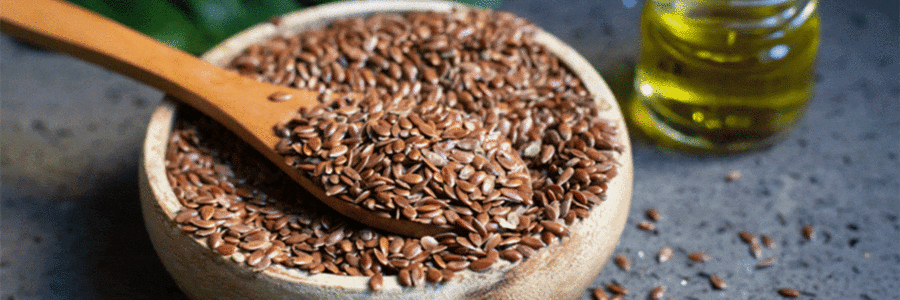Flaxseed is a well-known and widely used ingredient in many health food products due to its numerous health benefits, including its high antioxidant content, fiber, healthy fats, protein, and other vitamins and minerals. However, many people may not realize that flaxseed is also susceptible to contamination with heavy metals like cadmium, which can pose significant health risks. Let’s explore the potential dangers of cadmium contamination in flaxseed and how to avoid these risks and stay healthy.
The Dangers of Cadmium Contamination in Flaxseed:
Cadmium is a toxic heavy metal that can cause significant harm to the human body if ingested in sufficient quantities. Over time, cadmium accumulation in the body can lead to various serious health problems, including kidney disease, cardiovascular disease, hypertension, osteoporosis, and even cancer. Cadmium can be found naturally in soil and water. Still, it is also commonly released into the environment through industrial processes like mining, smelting, and fossil fuel combustion. It can enter the food chain and contaminate crops like flaxseed.
A Consumer Lab test found that some flaxseed products contained four to five times more cadmium than others exposed to similar growing conditions.[1] This report highlights how common cadmium contamination is in flaxseed and which brands may be safer regarding toxicity. While companies may not disclose information regarding cadmium toxicity, using guides like Consumer Lab can help consumers make informed choices when purchasing flaxseed products.[2]
Preventing Cadmium Contamination in Flaxseed:
There are several ways to prevent or reduce cadmium contamination in flaxseed. One approach is to choose products from reputable brands that have undergone testing for heavy metals like cadmium.[1] Another option is to grow flaxseed in areas less likely to be contaminated with heavy metals, such as areas with low industrial activity or using organic farming methods.[2] Additionally, products like CytoDetox can support the body’s detoxification pathways and help excrete toxins such as cadmium and other heavy metals.[3]
Conclusion:
While flaxseed is a healthy and nutritious food with numerous health benefits, it is susceptible to contamination with heavy metals. It is important to be aware of the potential risks of consuming cadmium-contaminated flaxseed and take steps to prevent contamination. By choosing reputable brands, growing flaxseed in areas with low contamination, and supporting the body’s detoxification pathways with products like CytoDetox, you can enjoy the health benefits of flaxseed while minimizing the risks of heavy metal contamination.
References:
- ConsumerLab. (2018). Flaxseed and Flaxseed Oil Supplements Review. Retrieved from https://www.consumerlab.com/reviews/flaxseed-oil-supplements-flaxseed-supplements-review/omega3/
- Aggarwal, A., Gupta, A., Kumar, A., Sharma, A. K., & Goyal, S. (2016). Heavy metal toxicity: A review. International Journal of Environmental Research and Development, 6(3), 622-627.
- Beyond Balance, Inc. (2023). CytoDetox: Our Flagship Detoxification Product. Retrieved from https://www.beyondbalanceinc.com/cyto-detox/


